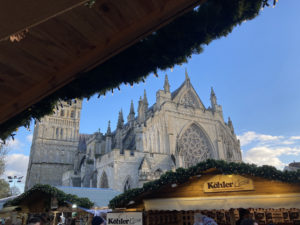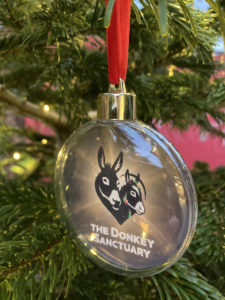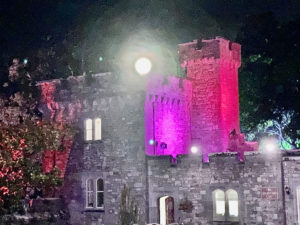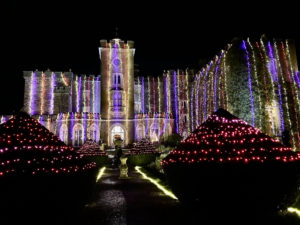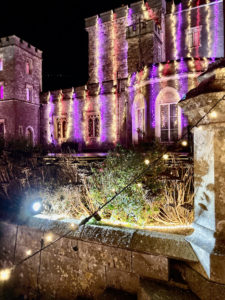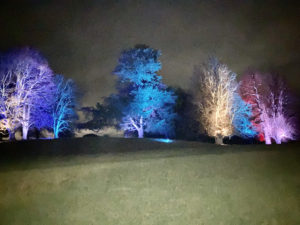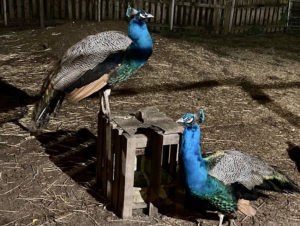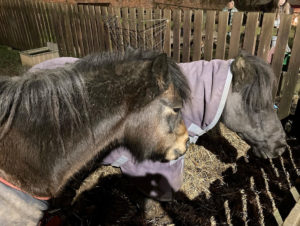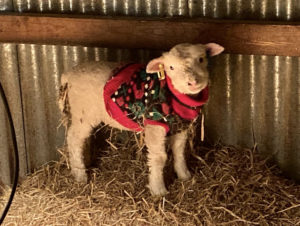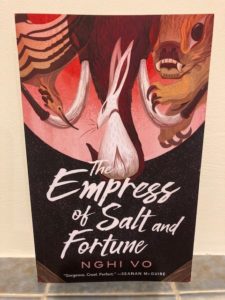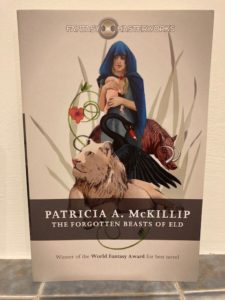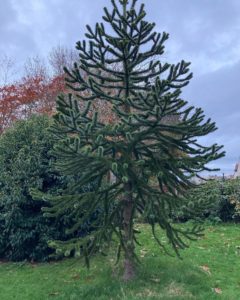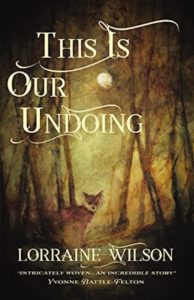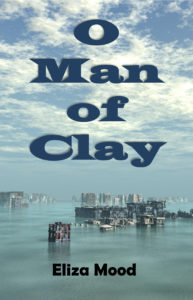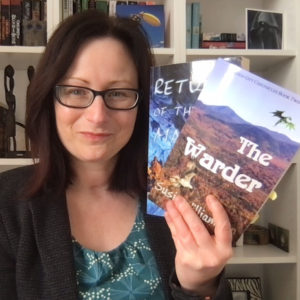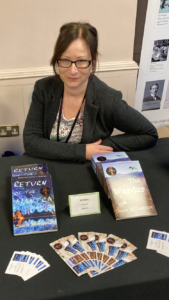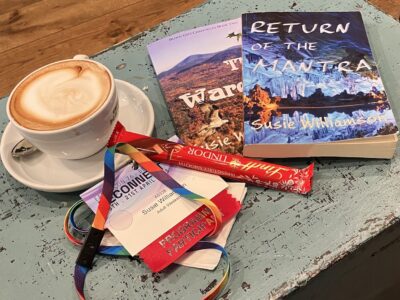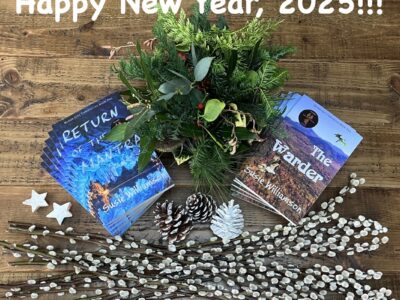
New Year’s Eve was a day for tying up loose ends, making plans, visiting friends, and a quick trip to one of my favourite places in Exeter: the quay.

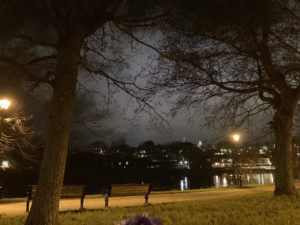
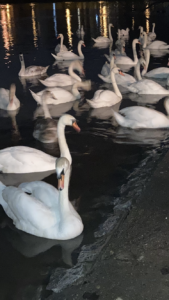
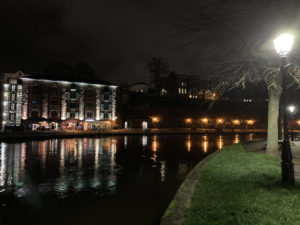
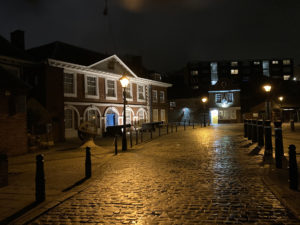
The streets were quiet, but the late-night skies were ablaze with fireworks. Now ever-so-slightly-bleary eyed and time to reflect.
2021 has been a memorable year in more ways than one. I was super proud to be able to release The Warder, Blood Gift Chronicles Book 2, and to receive Firebird Awards for both Return of the Mantra (winner of LGBTQ fiction category) and The Warder (winner of YA fiction category). Click here for my award interview.
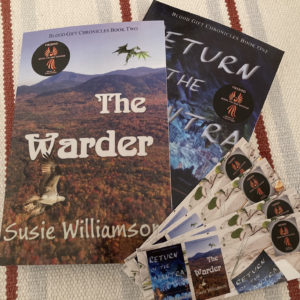
Like its predecessor, The Warder was a labour of love over many years, and it’s great to hear from readers who have got in touch or listened at various on-line and in-person events this year.
“The Warder is the sequel to one of my favourite books of 2018, Return of the Mantra. I wasn’t sure Susie would be able to increase the enthusiasm I had for her characters and her world, but she left me reeling after a couple of pages.”
“The way Susie was able to expand her world without slowing down the narrative was a masterclass in worldbuilding.”
‘This book is a charming story of loss, love and finding yourself in the most unexpected places. It is epic fantasy with a heart that will leave you scarred but begging for me. Plus it has dragons and who doesn’t love dragons. I can’t wait to return to this world.”
Click here for full review.
I couldn’t wait to return to the world either, and have been immersed in book 3, working towards the conclusion of the overarching story that connects these three books. Tying up loose ends is hugely satisfying, while further developing the landscapes of the world, complete with new characters and familiar faces at the next stage of their lives. With colour, depth, texture and layers, I’m excited to get back to the writing.
For now a pause as we tip into January, complete with a fresh new diary just waiting to be filled.
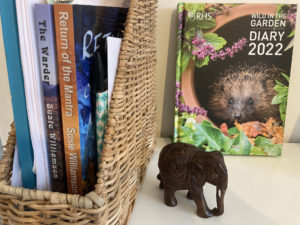
I love this time of year, these moments of calm after the busyness of Xmas, the quiet after fireworks to consider possibilities for the year ahead.

Wishing everyone a Happy, Healthy, Peaceful, Creative, Wonderful New Year 2022!!


